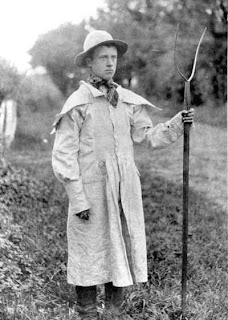Homeopathy, according to the ever-reliable Wikipedia, is a means of using a much-diluted substance to cure a person of an illness or condition, when a larger quantity of that same substance would produce the opposite effect or, indeed, kill them. The “inventor” of homeopathy, Samuel Hahnemann, found that, by ingesting cinchona bark (a recognised cure for malaria at the time), he developed symptoms similar to that of malaria itself. He reasoned, therefore, that persons could be cured by drugs that exhibited similar symptoms to the disease suffered. The “artificial symptoms” produced by the drugs would enable the “vital force” of the body to neutralise the original illness and drive it from the system. I do not pretend to understand how it works, but have the utmost respect for those who practise it and have no argument with the tens of thousands who claim relief from illness and disease because of it.
The whole process of manufacturing homeopathic remedies is somewhat complex, but in a nutshell it involves the dilution of a substance in alcohol or water and the vigorous shaking (or succussion) of the resulting liquid. Because the process can involve a number of successive dilutions, it is possible to reach a point where the homeopathic remedy is chemically unlikely to contain any of the “active” ingredient. Apparently, some homeopathic practitioners believe that, the more dilute the remedy, the more potent it is.
So, this being the case, could we not turn the new health scare about drugs in our drinking water to our advantage? It would appear that heroin, diazepam and oestrogen are present in our water supply. Then surely it must also contain any amount of prescription drugs, unused and unwanted purchases from Holland and Barrett, chemical elements and compounds, and the essences of plants, animals and fungi. Amongst this lot, homeopathically speaking, there must be the basis for curing just about every affliction known to humankind. It just needs the right individual to process it for our consumption. Until then we’ll just have to put up with this chemical cocktail coming through our taps, turning gentleman fish into lady fish and being single-handedly responsible for the increased incidence of man-boobs.






